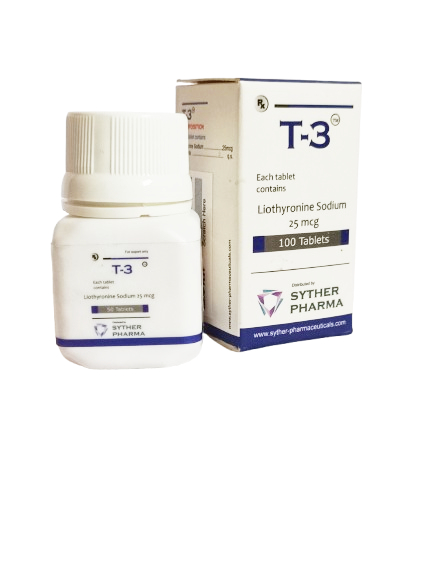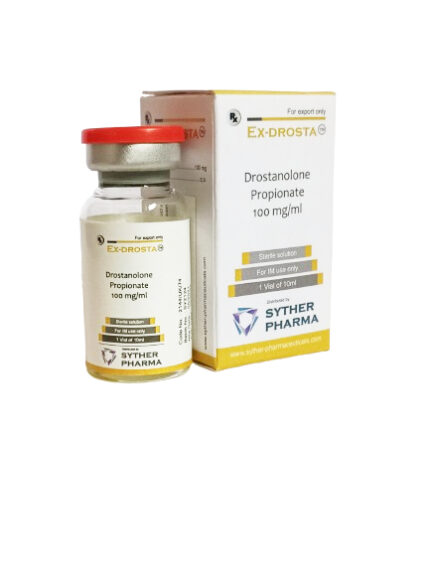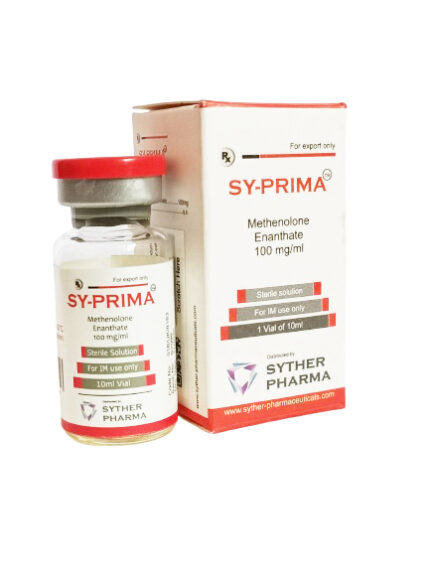Liothyronine sodium is a synthetic form of the thyroid hormone triiodothyronine (T3). It is primarily used in the treatment of hypothyroidism, a condition where the thyroid gland does not produce enough thyroid hormones. This medication helps to restore normal levels of thyroid hormone in the body, which is crucial for maintaining various bodily functions, including metabolism, growth, and development.
Uses of Liothyronine Sodium
Liothyronine sodium is utilized for several medical conditions:
- Hypothyroidism: The primary use of liothyronine is to treat hypothyroidism. By providing the body with T3, it helps alleviate symptoms associated with low thyroid hormone levels such as fatigue, weight gain, and sensitivity to cold.
- Goiter Treatment: It can also be prescribed for certain types of goiters (enlargement of the thyroid gland) to help reduce their size.
- Thyroid Cancer: In some cases, liothyronine may be used as part of the treatment plan for patients with thyroid cancer.
- Diagnostic Testing: It can be employed in diagnostic tests to assess how well the thyroid gland is functioning.
- Infertility Issues: While it should not be used solely for infertility treatment unless low thyroid hormone levels are identified as a cause, it may play a role in addressing underlying hormonal imbalances.
Dosage and Administration
Liothyronine sodium is typically taken orally once daily. The dosage varies based on individual medical conditions, age, lab test results, and response to treatment. For adults starting therapy, a common initial dose might be around 25 mcg per day; however, adjustments are made based on clinical response and laboratory findings.
It’s essential to take this medication consistently at the same time each day to maintain stable hormone levels in the body. Patients should follow their healthcare provider’s instructions carefully regarding dosage adjustments and timing.
Potential Side Effects
While many individuals tolerate liothyronine well, some may experience side effects:
- Common Side Effects: These include temporary hair loss (especially in children), increased sweating, sensitivity to heat, and changes in menstrual cycles.
- Serious Side Effects: Overmedication can lead to symptoms of hyperthyroidism such as rapid heartbeat, chest pain, nervousness or irritability, diarrhea, and unusual tiredness. If any severe reactions occur—such as difficulty breathing or swelling—immediate medical attention should be sought.
- Allergic Reactions: Though rare, serious allergic reactions can happen; signs include rash or swelling of the face/tongue/throat.
Patients are advised to report any unusual symptoms or side effects to their healthcare provider promptly.
Precautions and Interactions
Before starting liothyronine sodium therapy:
- Inform your doctor about any allergies or pre-existing health conditions such as heart disease or high blood pressure.
- Discuss all medications you are currently taking since certain drugs can interfere with liothyronine absorption (e.g., antacids containing aluminum or magnesium).
- Pregnant or breastfeeding women should consult their healthcare provider before using this medication as it passes into breast milk but is generally considered safe during pregnancy when monitored closely.
Regular monitoring through lab tests is necessary while on this medication to ensure that hormone levels remain within an optimal range.
Conclusion
Liothyronine sodium 25 mcg plays a vital role in managing hypothyroidism and other related conditions by providing an essential hormone that regulates various bodily functions. Proper usage under medical supervision ensures effective management while minimizing potential risks associated with its use.












Reviews
There are no reviews yet.